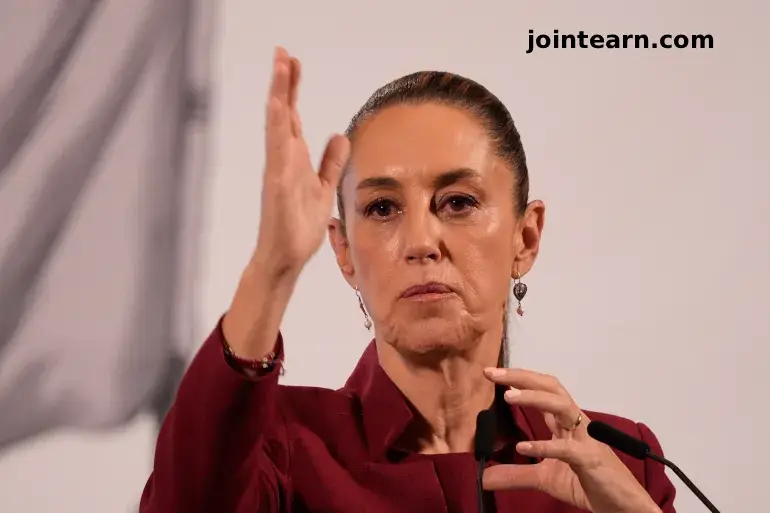
Mexican President Claudia Sheinbaum announced that she and US President Donald Trump have agreed to extend a looming trade deadline by several weeks, allowing both governments additional time to finalize a revised trade arrangement under the United States-Mexico-Canada Agreement (USMCA) framework.
Speaking during her regular morning press conference on Monday, Sheinbaum confirmed that she held a phone conversation with Trump on Saturday to discuss the pending trade issues. The agreement delays a scheduled increase in tariffs on selected Mexican goods from 25 percent to 30 percent, a measure that had been due to take effect this week.
“I wanted to make sure that November 1 didn’t arrive without communication between our governments,” Sheinbaum said. “We agreed that our teams are still working and that we’re practically closing this issue.”
Following her remarks, the Mexican peso strengthened 0.29 percent, trading at 18.38 per US dollar, as markets reacted positively to the news of the extension.
Trade Barriers and Ongoing Negotiations
Mexico and the United States are currently working to resolve 54 outstanding trade barriers, part of ongoing talks that began earlier this year to strengthen bilateral trade and safeguard key manufacturing sectors. The Sheinbaum administration has emphasized the importance of protecting Mexico’s auto industry, energy exports, and growing tech manufacturing hub.
Mexico has largely avoided severe US tariffs thanks to the USMCA trade agreement, which came into force in 2020 and is scheduled for review in 2026. However, recent policy shifts under the Trump administration have placed pressure on Mexico to address US concerns about supply chain security and labor standards.
Earlier this month, Sheinbaum expressed confidence in achieving a favorable outcome, citing progress in electric vehicle development, semiconductor manufacturing, satellite technology, drone innovation, and artificial intelligence research — all key areas in the government’s modernization plan.
“We continue working, and there is no situation in the near future where there could be any special tariff on November 1,” Sheinbaum assured reporters.
Regional Implications
The decision to extend negotiations comes after Trump announced last week that the United States was ending trade talks with Canada, citing slow progress. The development raised concerns that the North American trade bloc could face fragmentation.
When asked about Mexico’s response and the possibility of negotiating separately with Canada, Sheinbaum urged caution: “Let’s not get ahead of ourselves,” she said.
Economists say the extended talks reflect a pragmatic approach by both sides to avoid trade disruptions that could destabilize supply chains across North America. “This extension buys time for both governments to recalibrate their priorities without jeopardizing industrial cooperation,” said Carlos Morales, a trade analyst at the Mexican Institute for Economic Studies.


Leave a Reply